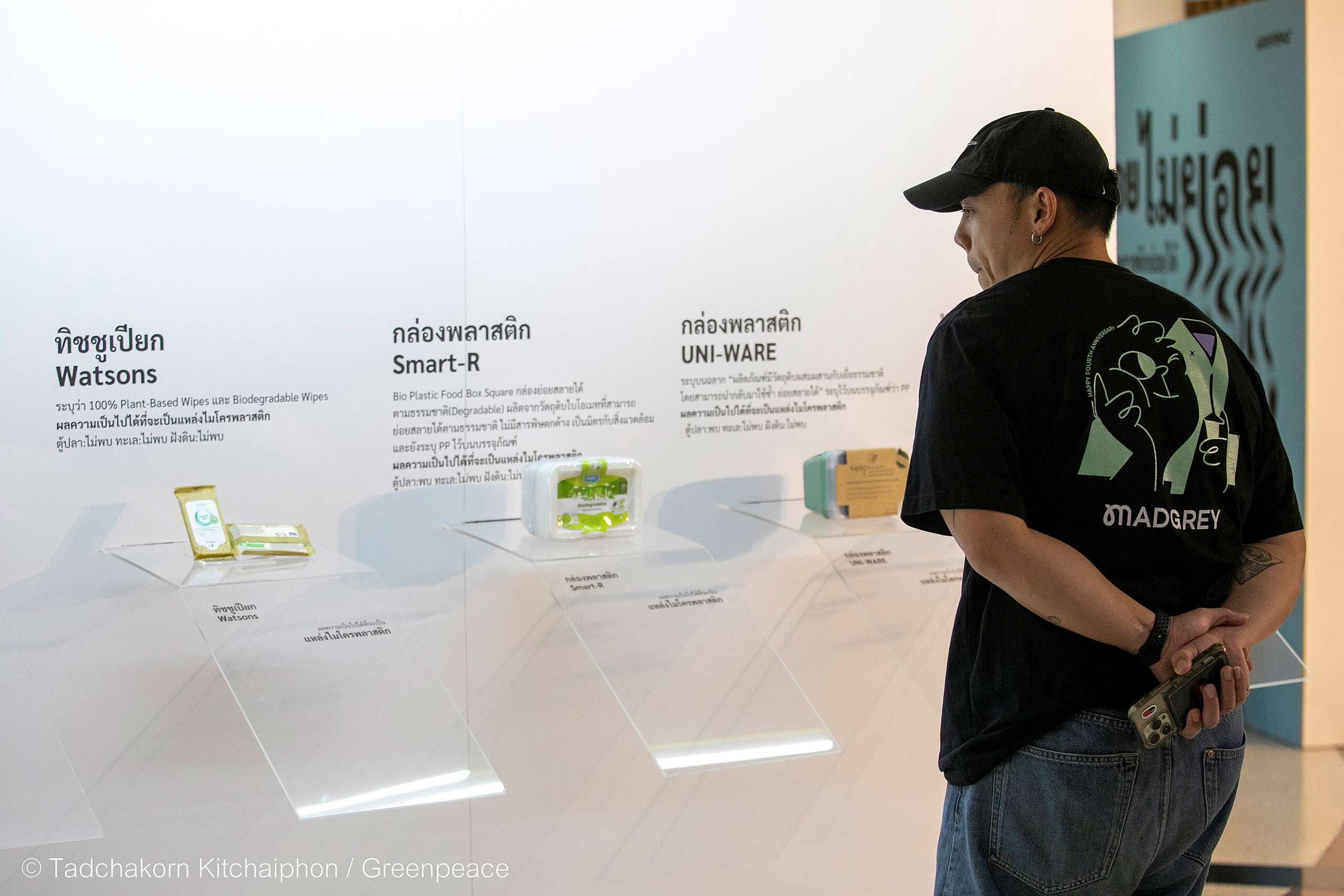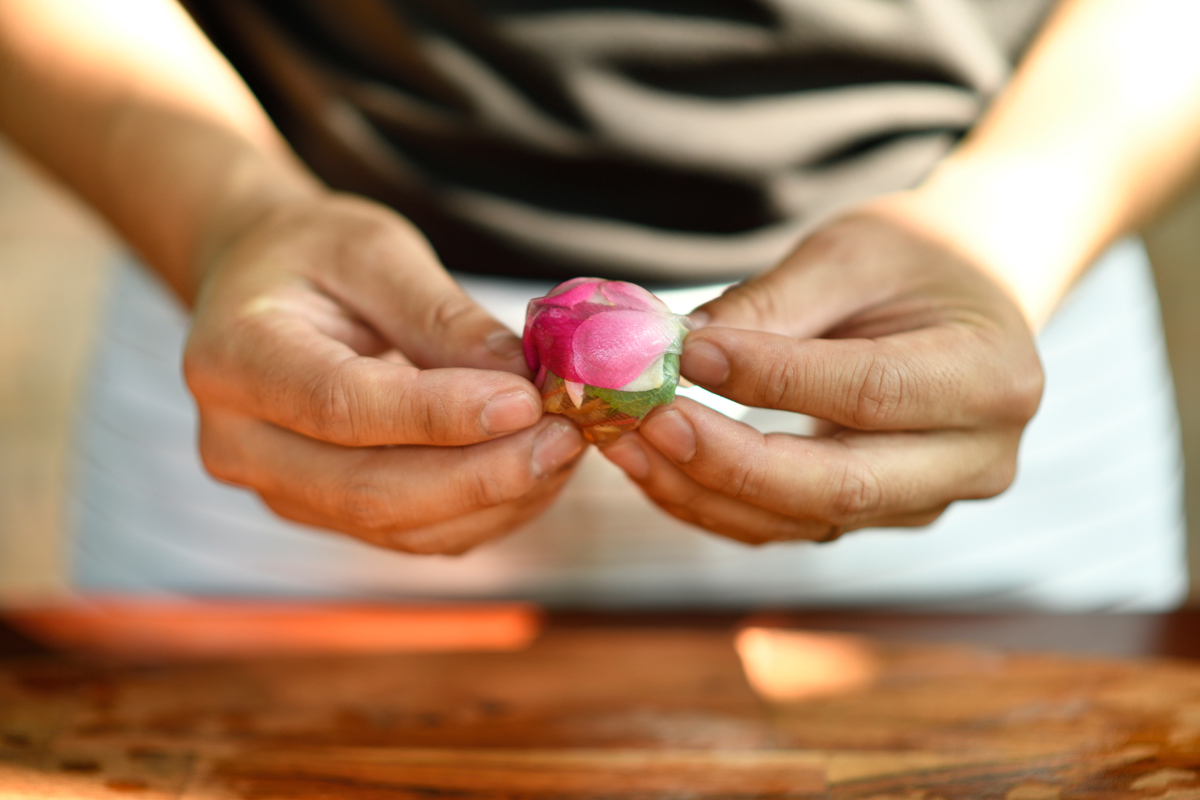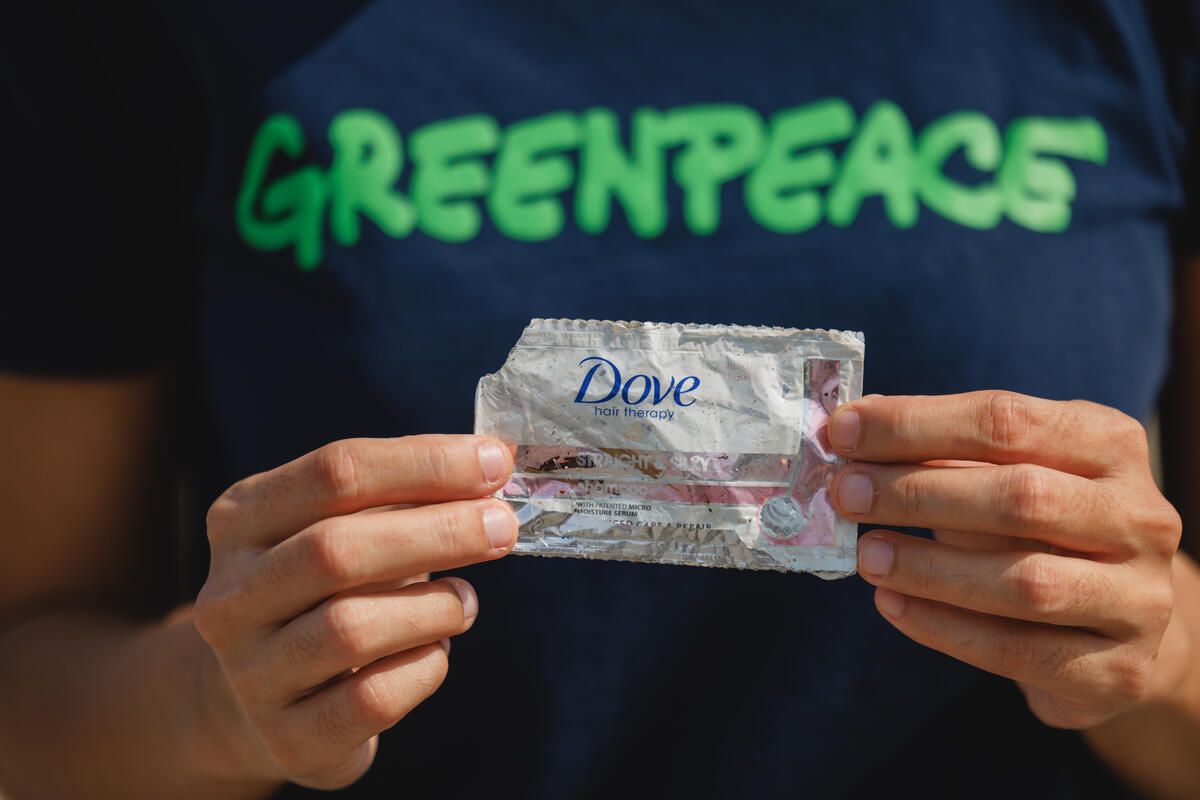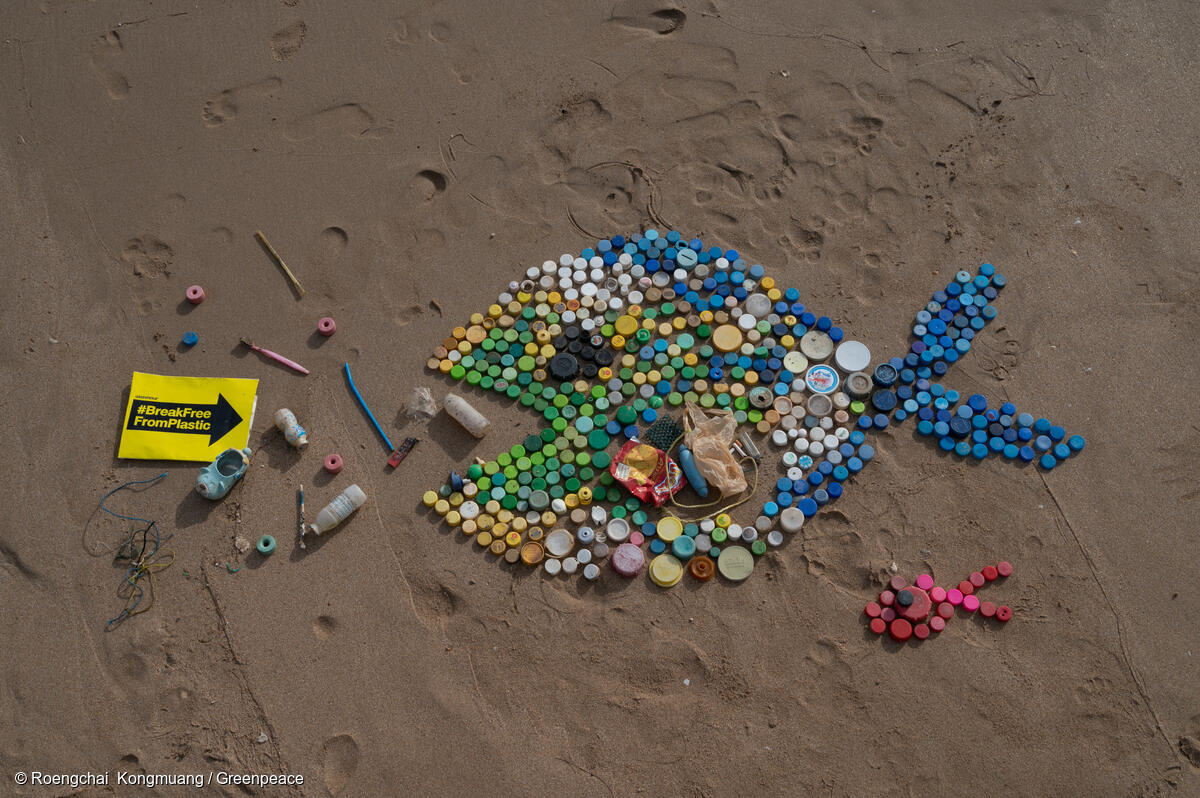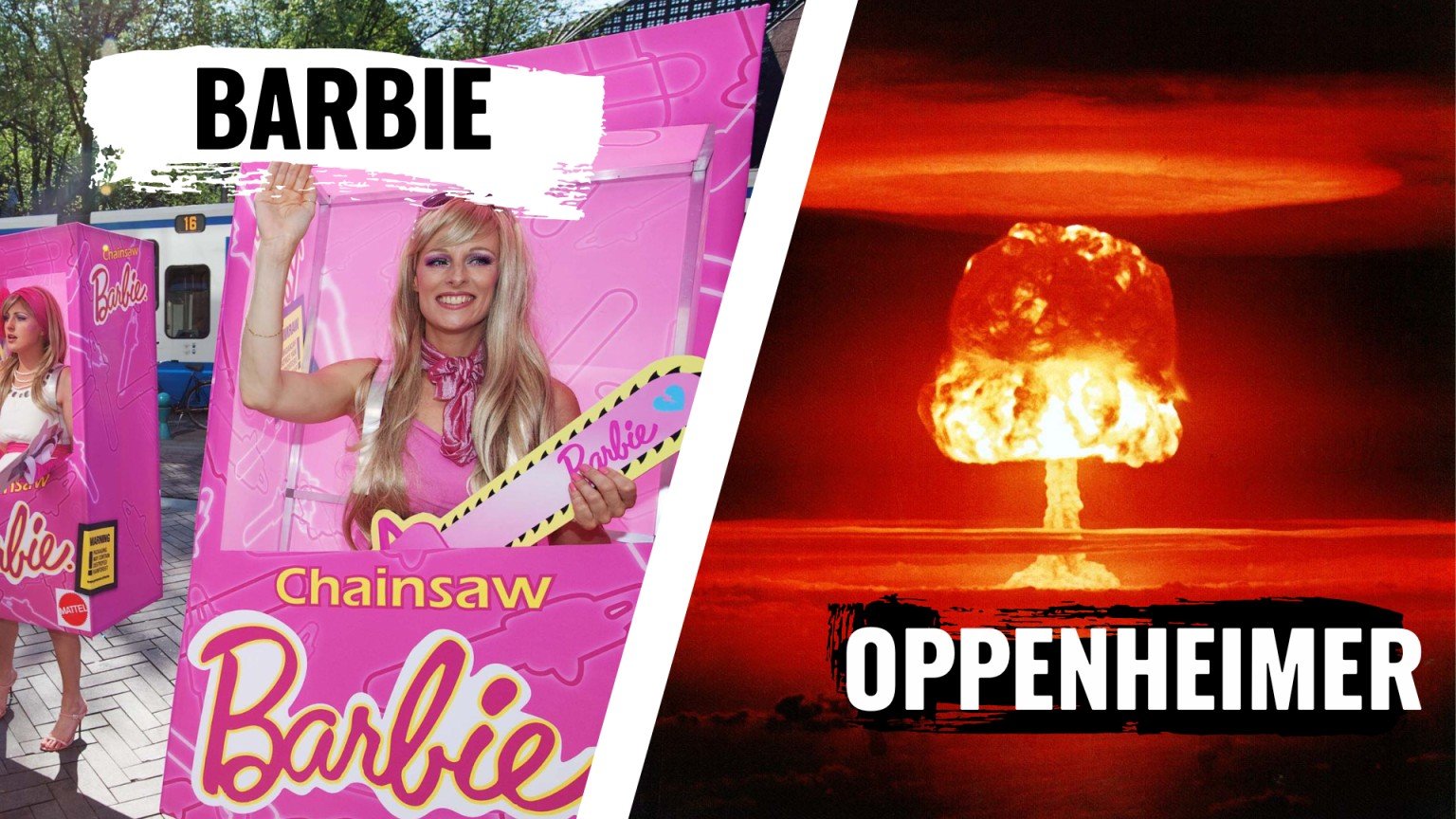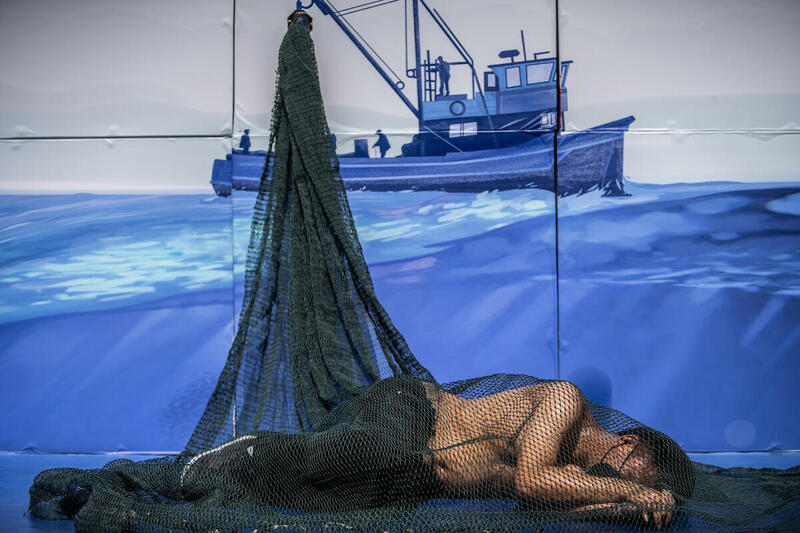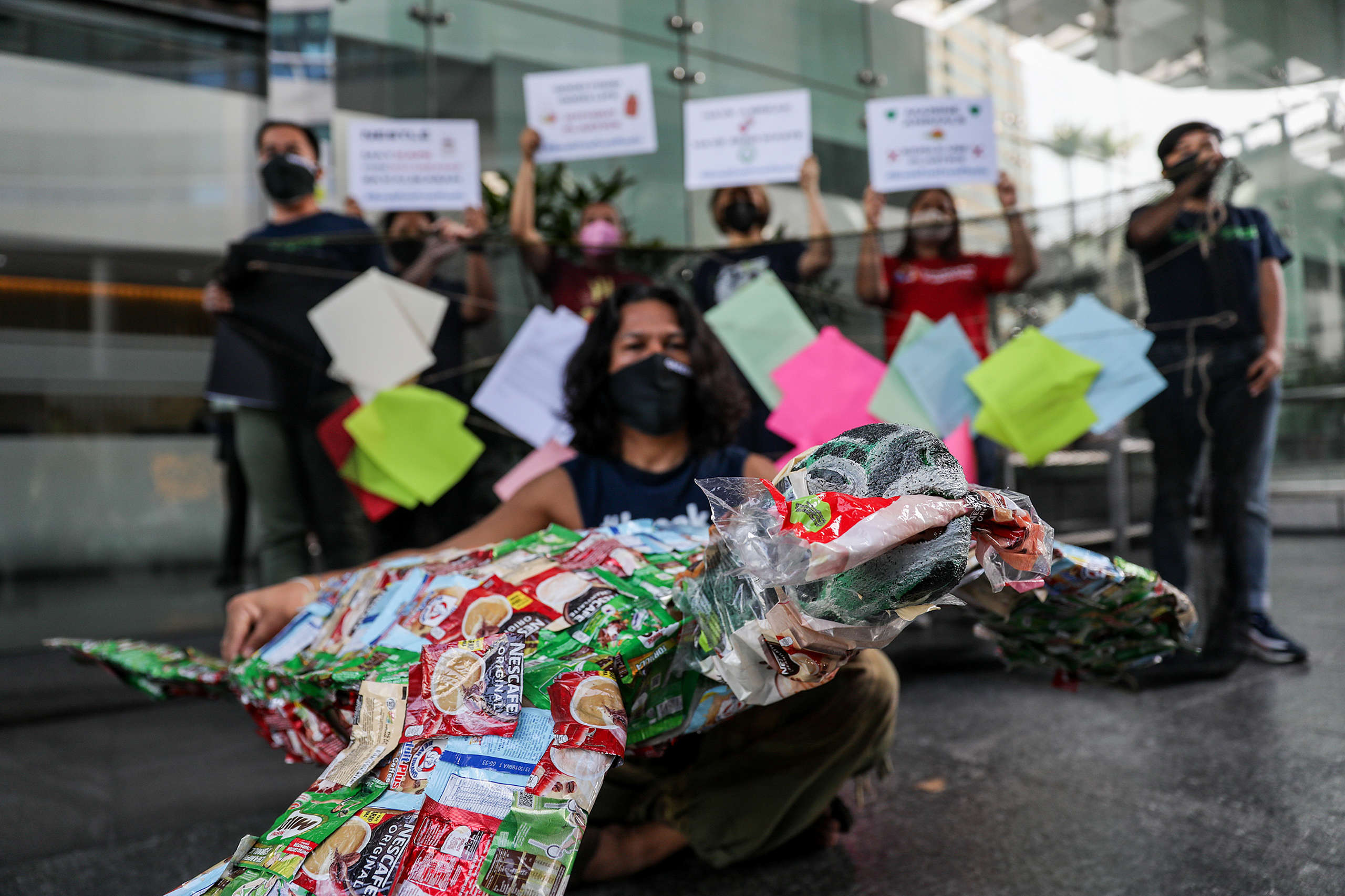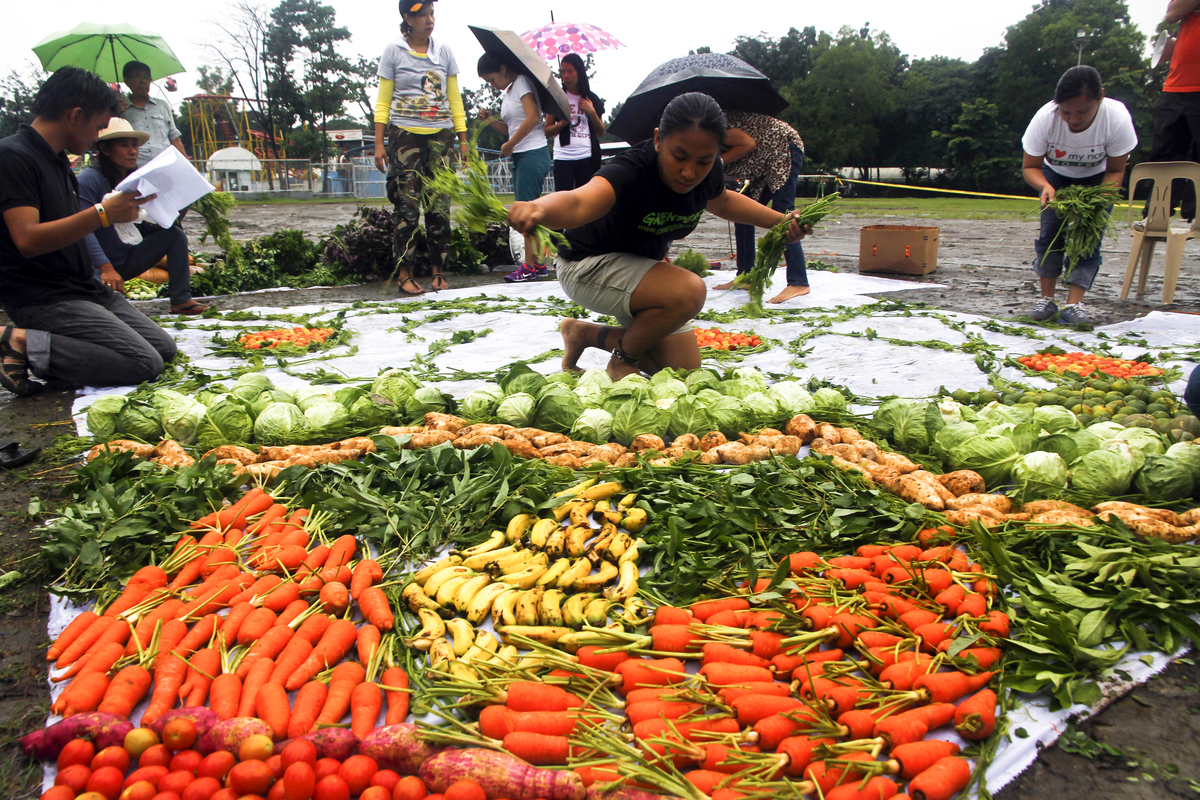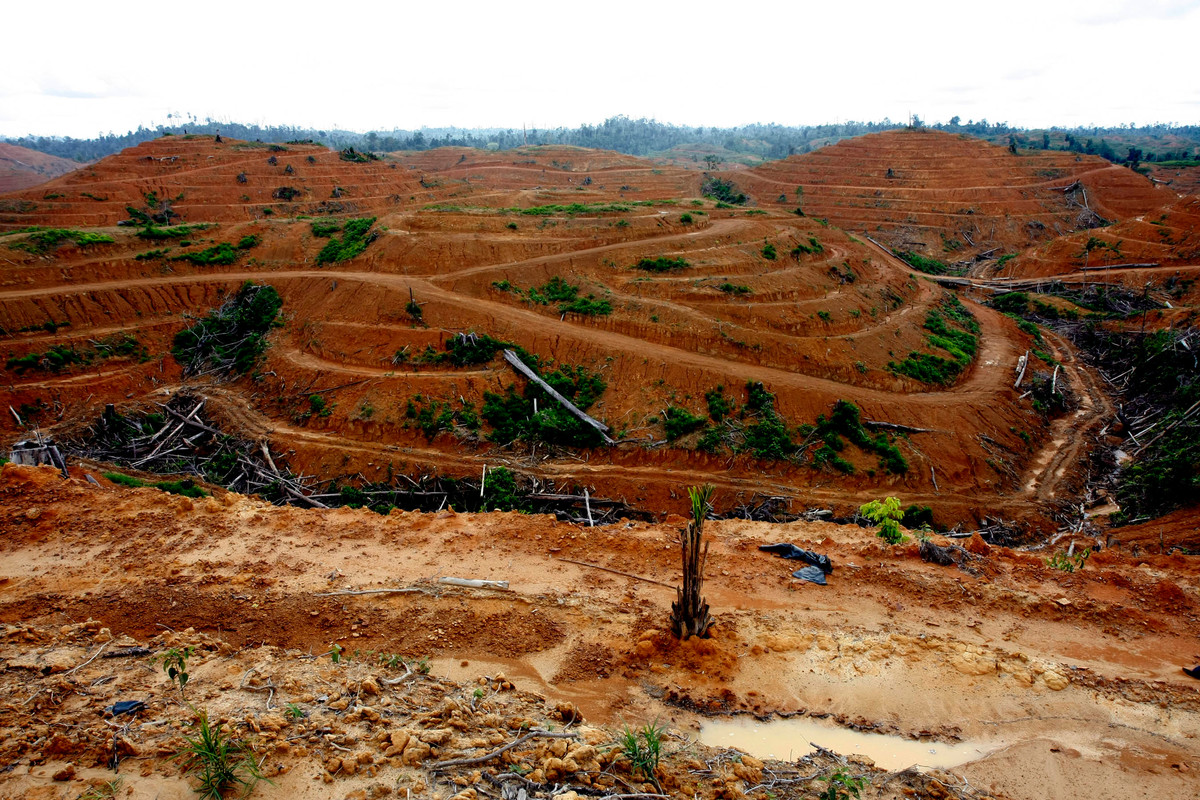All articles
-
Bioplastics Are Not the Solution to the Plastic Pollution Crisis, Says Greenpeace
Greenpeace Thailand’s latest report “Beyond the Label: Debunking the Biodegradable Plastic Myth”
-
Your guide to the Art of Slow Living
The demands of our fast-paced modern world have led to a the philosophy of slow living. It’s a lifestyle that encourages us to pause instead of hustle and to be more conscious and intentional with our actions.
-
Unilever sells 1700 highly-polluting throwaway plastic sachets per second, Greenpeace reveals
Consumer goods giant Unilever is selling 1700 highly-polluting plastic sachets every single second, fuelling the global plastic pollution crisis and dumping huge amounts of waste on countries in the Global South, according to new figures released today by Greenpeace International.
-
Why coastal clean-ups are not enough
After you clean today, new trash awaits tomorrow. It’s futile work and highlights how plastic pollution is more than a waste management problem.
-
Barbie vs Oppenheimer: Two diametrically opposed universes that remind us of two existential threats
“Barbenheimer” is probably the film event of the year. For the Greenpeace community, these two films echo past and present campaigns against very real existential threats: deforestation, plastic pollution and nuclear annihilation.
-
“Don’t get trapped”: One worker’s warning about what really happens in the fishing industry
A fisher shares his story of forced labour in the high seas and how he's fighting back to help protect the rights of migrant workers in the industry.
-
Activists send plastic waste back to Nestle, call out company for greenwashing
Nestle continues to figure in waste and brand audits as one of the worst polluters. The company also ranks 6th among global fast moving consumer goods companies in a recent Break Free From Plastic report on false solutions, with Nestle leading the way in terms of questionable “plastic neutrality” agreements with other companies.
-
Climate science or corporate food? UN Food Summit must choose one for a liveable planet
The science is clear. To survive the climate crisis, we’ll need less land devoted to animal grazing and feed, not more. We need plant-rich diets, not meat-heavy diets that damage our health and planet.
-
Greenpeace Indonesia urges more ambition and cooperation as Norway – Indonesia agreement ends
Although the result of the agreement on REDD+ between Indonesia and Norway has ended and its results are far from fulfilling its target, international collaboration is still needed and important to reducing deforestation and carbon emissions.
-
US government block fishing vessel on suspicion of forced labor – Greenpeace Southeast Asia response
“To ensure the rights and life of fishing crews are protected, we need flag states to uphold international standards and perform proper oversight and safety of their ships so decent work at sea can be achieved."

